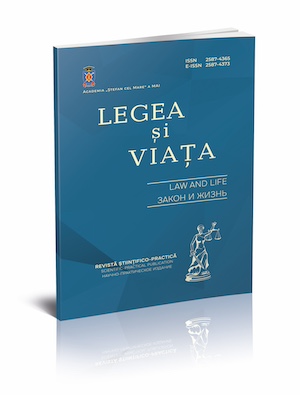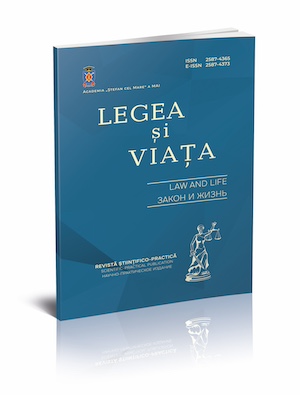
Crime și atrocități comise de organele represive sovietice pe teritoriul RSSM (cazul Savcenco-Mațenco, anul 1949)
The seizure of Bessarabia, which occurred based on the secret additional protocol of the Ribbentrop-Molotov Pact of August 23, 1939, marked one of the saddest pages in the history of our nation. The subsequent process of forming the Moldavian Soviet Socialist Republic (MSSR) was achieved by valuing the “red terror”, the most diabolical Soviet machinery based on the commission of mass murders and organized repression. This scientific article constitutes a historical-documentary study through which the authors discuss the issue of crimes and atrocities committed during the reference period on the current territory of the Republic of Moldova. The empirical side of the research was ensured by presenting a particular case, Savcenco-Mațenco, deported in 1949 to the city of Kurgan in southwestern Siberia, which essentially reproduces the horrors of the old regime.
More...
